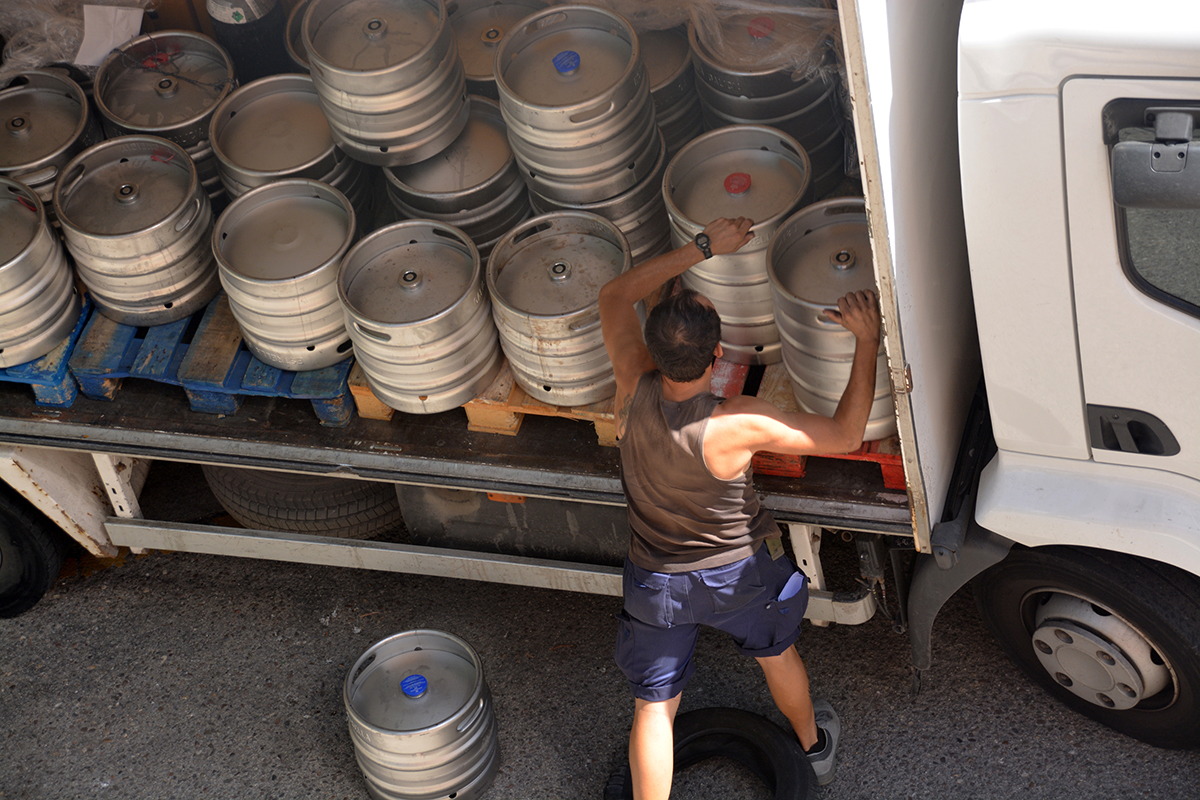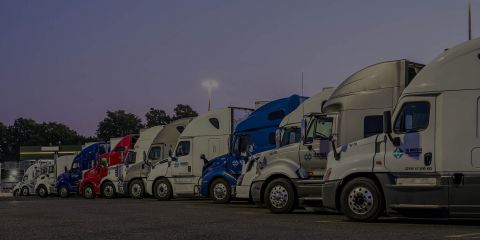
Many variables affect the taste of beer. A good beer has an intricate balance of yeast, hops, and malt, brewed under careful conditions to produce the desired taste. Brewmasters in recent years have been experimenting with all sorts of novel flavours, and microbreweries are cropping up all across North America. Whether it’s from downtown or across the country, nearly all beer gets transported before consumption, so it’s an important question: does transportation affect the taste of beer?
The short answer is yes; transportation often includes two inevitable factors that can have an effect on beer: temperature change and vibration. But this doesn’t mean that all is lost from the moment that beer enters a truck! There’s still a world of difference between beer that gets jostled, shaken, and subjected to temperature changes—and beer that gets carefully delivered in a refrigerated, air-ride truck.
Studies have indicated that warm temperature spikes can introduce “cardboard” flavour profiles, whereas consistent cold storage is associated with the development of caramel-like profiles. The higher the temperature and the more time spent there, the more the quality of the beer will degrade. Excessive and prolonged vibrations can have similar negative effects—essentially causing the beer to artificially age via oxidation. Everyone has their own preferences when it comes to beer—but cardboard and skunky notes don’t appeal to many!
The long answer is that “it depends”; with proper care, beer regularly arrives at its destination no worse for wear and with the original flavour fully intact. If beer is shipped with a refrigerated truck, the brief temperature changes will be nowhere near the threshold associated with increased oxidation and flavour changes. Low-frequency vibrations are unavoidable in any shipping scenario, but they can be mitigated by careful driving, good road conditions, and a well-maintained vehicle.
So, on the whole, does transportation affect the taste of beer? It can, but it doesn’t have to.
It is a challenge to determine to change 3PL (Third Party Logistics) providers. You must consider comprehensively and pay attention to each step. We are 18 Wheels Logistics locates in Vancouver B.C, western Canada. We have been working on build a comprehensive worldwide distribution channel year of years.
Contact us to review your current 3PL situation and we will provide thorough analysis on what the change of 3PL will bring to your business, how 18 Wheels Logistics would help you to realize your goal.
